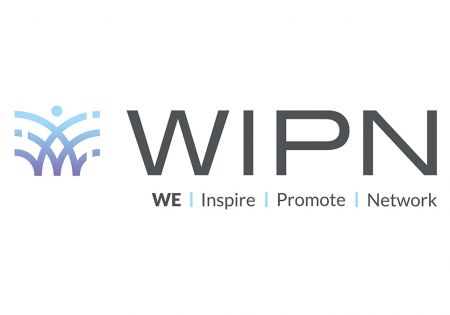Never miss a story — sign up for PLANADVISER newsletters to keep up on the latest retirement plan adviser news.
FSI Hires Tax and Retirement Expert
The organization hired Robert Lewis as government affairs for tax and retirement to address these issues for its independent financial services firms, their affiliated financial advisers and their clients.
“FSI does one thing and does it well: successfully advocate for our members and their Main Street American clients,” FSI President and Chief Executive Dale Brown said. “During Tax Week, it is fitting that we announce the expansion of our agenda and our team to include tax and retirement—two issues critical to our members.”
Lewis joins FSI with more than 10 years’ experience in Washington, D.C. He spent four years working for Sen. Zell Miller (D-Ga.) on the Senate Banking Committee. After Sen. Miller retired, Lewis joined Financial Executives International as manager of government affairs, focusing on pension and retirement issues.
After graduating from a Catholic law school in 2010 Lewis was a law clerk for U.S. House Judiciary Chairman Lamar Smith (R-Texas). Most recently, he was manager of federal affairs for the Community Financial Services Association of America. Lewis is a 2001 graduate of Morehouse College with a B.A. in political science.
“Not only is this Tax Week, a time when most Americans focus more closely on tax issues, but April is Financial Literacy Month,” Brown said. The new hire will help the organization in its expanded mission.
You Might Also Like:
Itzoe Launches Getre(k)ruited.com Industry Networking Platform

